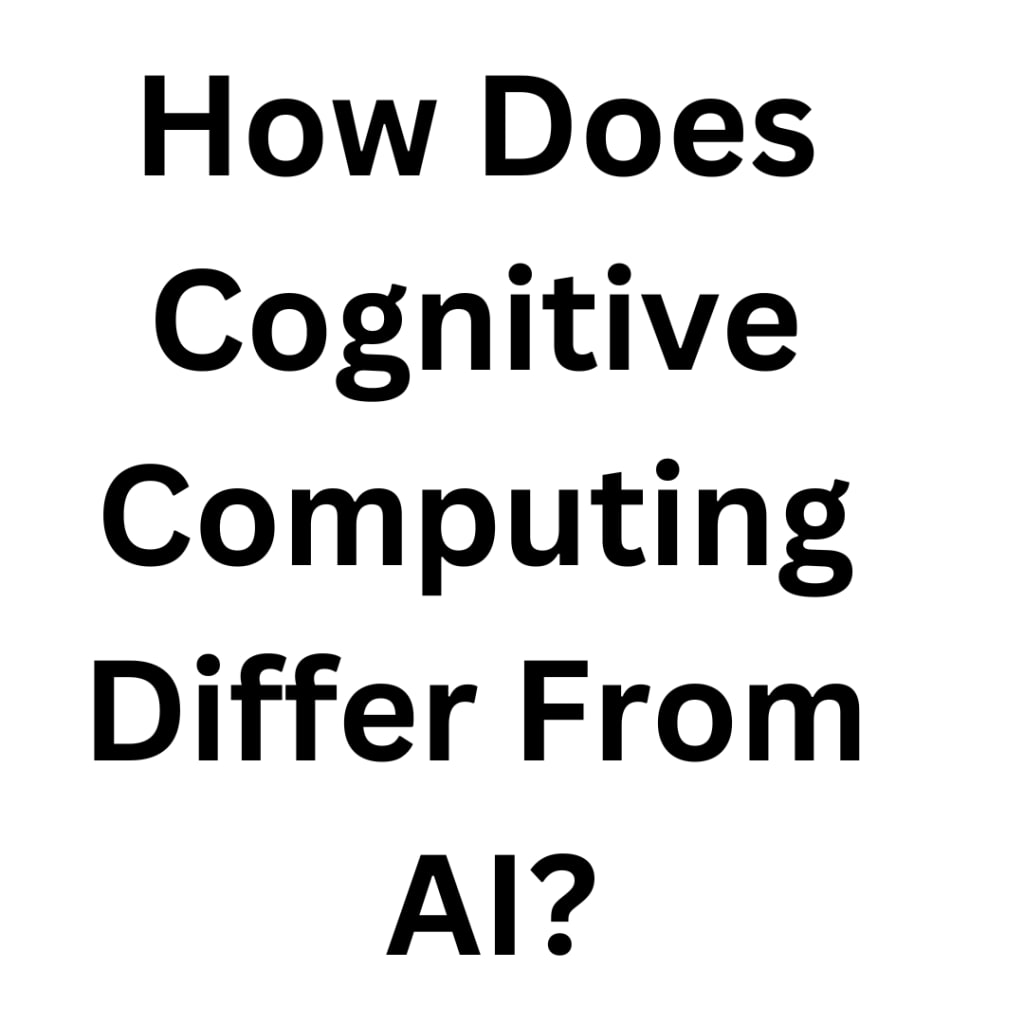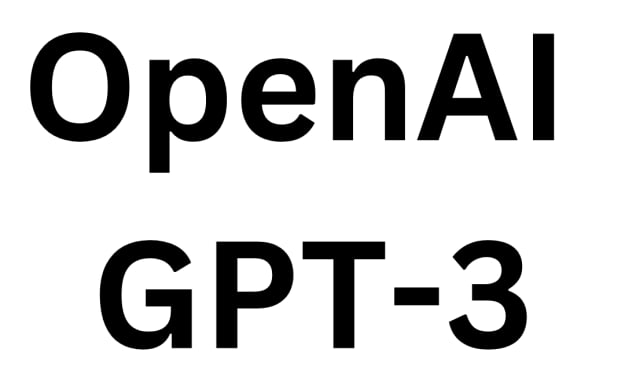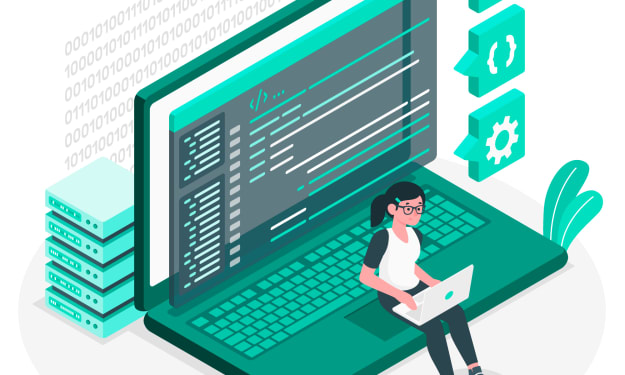How Does Cognitive Computing Differ From AI?
Distinguishing Between Cognitive Computing and AI

Artificial intelligence (AI), machine learning, and cognitive computing have been groundbreaking technological discoveries in recent years. Most of the time these technologies are assumed to be the same; however, they have unique functionalities.
Cognitive Computing is often mistaken as Artificial Intelligence. Both are fundamentally different. Cognition is the ability of the human brain to observe, perceive, learn, and record information from the external world.
We know that machines can store and retrieve information but is it possible for typical machines to learn and understand such information? Well, this is where the computational ability of machines is utilized to integrate with cognitive science to achieve a computerized model of the human brain. This method of technology is called Cognitive Computing or Cognitive AI.
Before comparing Cognitive AI and AI, let’s learn about how they work.
How Does Cognitive Computing Work?
Cognitive Computing performs individual tasks that facilitate human intelligence. It makes use of machine learning algorithms, neural networks, visual recognition, and natural language processing to accomplish human-like tasks.
Cognitive Computing analyzes large amounts of structured & unstructured data and aims to simulate human behavior and reasoning to assist in decision-making.
Visual recognition is used to study patterns and identify objects in images or videos. Natural language Processing is the ability to understand, analyze and draw insights from human languages. A common example of NLP is suggestions of the next words in the Google search engine and Gmail.
The cognitive computing systems must be adaptive, interactive, iterative&stateful, and contextual to work at their fullest potential.
How Does AI Work?
AI is developed to match human intelligence and make decisions based on learning data. It learns from large datasets combined with fast-processing machine learning and deep learning algorithms.
Machine learning builds analytical models of data and draws underlying insights from raw data without being explicitly programmed whereas; Deep learning uses interconnected neural networks that function like neurons in the human brain. Neural networks analyze complex datasets and find associations between different data variables.
Cognitive Computing vs Artificial Intelligence - The Key Differences
The underlying technologies in Cognitive Computing and Artificial intelligence are similar but their functionalities are different. Let's compare both and learn the differences between them:-
AI automates human tasks with its intelligent decision-making system whereas; Cognitive AI augments human intelligence by perceiving and memorizing to suggest smart decisions.
AI algorithms generate accurate results based on algorithms without human intervention whereas; results of cognitive computing project ambiguity and are based on the human thought process.
AI adopts real-world scenarios but cognitive AI replicates human behavior.
Cognitive computing considers contradictory and uncertain situations before giving suggestions but AI focuses on achieving any task through a logical approach.
AI is utilized in speech recognition, image processing, video analytics, and chatbots; on the other hand, Cognitive AI plays a significant role in functions such as sentiment analysis, fraud detection, and risk analysis.
Final Thoughts
Today Cognitive Computing applications have been diversified in numerous fields such as healthcare, pharmaceuticals, finance, and retail. Unlike artificial intelligence, Cognitive AI involves natural intelligence and machine intelligence.
Cognitive Computing assists tech and business professionals in making better decisions. To learn more about Cognitive computing and AI, an easier way would be to enroll in Online Artificial Intelligence Course which provides expert training and proper job assistance.
About the Creator
Enjoyed the story? Support the Creator.
Subscribe for free to receive all their stories in your feed. You could also pledge your support or give them a one-off tip, letting them know you appreciate their work.





Comments
There are no comments for this story
Be the first to respond and start the conversation.